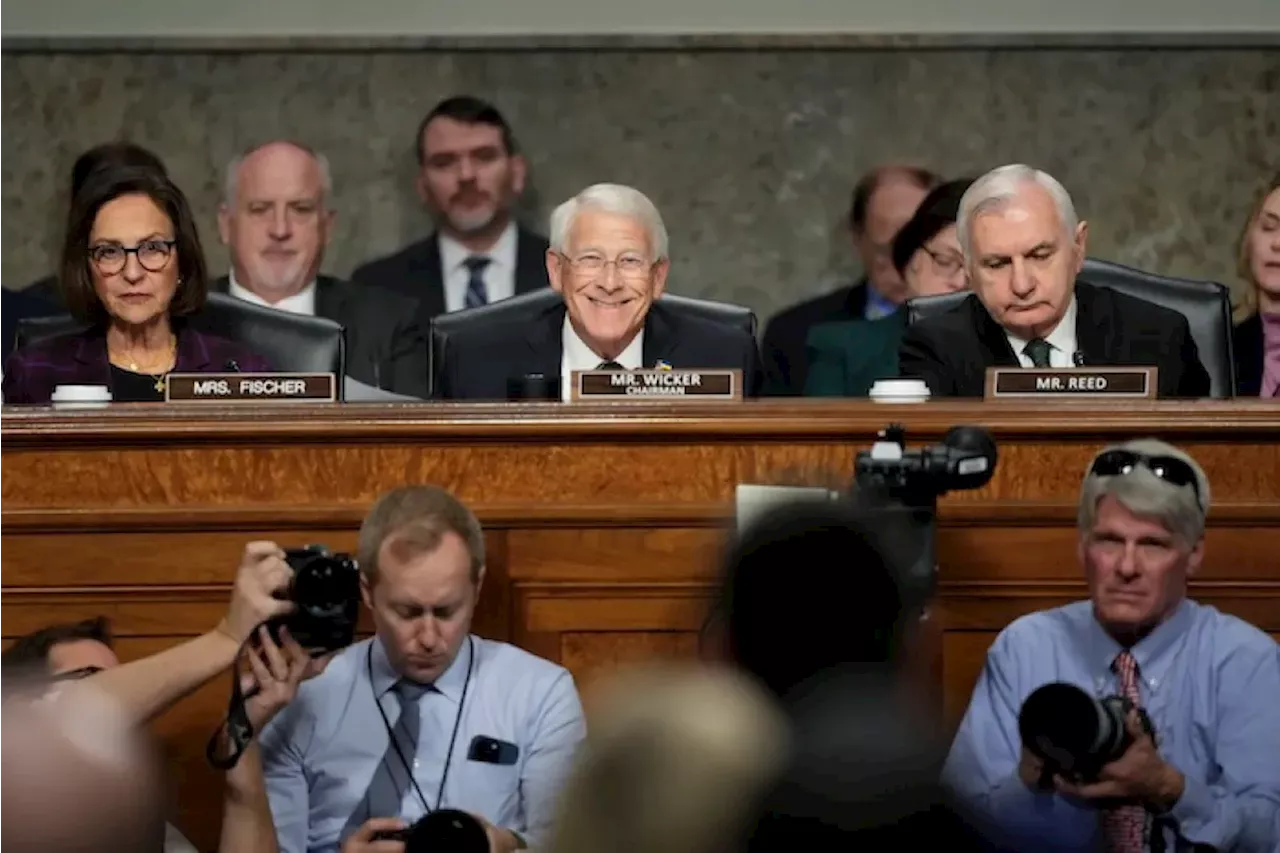URGENT UPDATE: The Pentagon is under intense scrutiny after officials admitted to minimal consultation with Congress on critical defense policies, sparking bipartisan outrage. During a confirmation hearing on July 2, 2023, Alexander Velez-Green, nominated for the deputy undersecretary of defense for policy, revealed that the Pentagon had not engaged with lawmakers regarding the National Defense Strategy or the Global Force Posture Review.
This admission comes as key senators express growing frustration over a perceived lack of communication from the Pentagon’s leadership. Senator Roger Wicker, chairman of the Senate Armed Services Committee, stated, “That’s really not the way it’s supposed to work,” highlighting concerns that the Pentagon may be operating independently of the administration’s broader strategic goals.
Velez-Green’s remarks during the hearing have raised alarms about the Pentagon’s policy direction. He acknowledged, “I’m not aware that there has been formal consultations with Congress.” This lack of engagement has drawn pointed criticism, particularly aimed at the Pentagon’s policy chief, Elbridge Colby, who has been accused of not aligning Pentagon strategies with the executive branch’s priorities.
Senators, including Sen. Dan Sullivan, have pointed to troubling instances of the Pentagon’s decisions seeming out of sync with the president’s agenda. These include recent troop reductions during the ongoing conflict between Iran and Israel, which have raised questions about the Department’s coordination with U.S. foreign policy.
The backlash intensified as Velez-Green pledged to improve engagement with Congress if confirmed. However, Wicker cautioned that such a shift would “require a change in mindset,” emphasizing the need for more robust communication lines between the Pentagon and lawmakers.
Moreover, during the hearings, several senators referenced a recent controversy over U.S. military aid to Ukraine, noting conflicting statements from Pentagon officials regarding the pause of support. Velez-Green, along with Austin Dahmer, who also faced questioning regarding aid to Ukraine, denied any intentional delay, attributing confusion to “fake news.”
As tensions grow, the Pentagon faces a critical juncture. Senators are now calling for immediate reforms to ensure that military policy aligns with both congressional input and the administration’s strategic framework. Observers are urged to monitor the unfolding situation, as the Senate prepares to vote on Velez-Green’s nomination amid these pressing concerns.
With bipartisan support for increased oversight, the Pentagon’s policy decisions are under a microscope like never before. As developments continue, the implications for U.S. military strategy and international relations could be significant. Stay tuned for updates on this evolving story.






